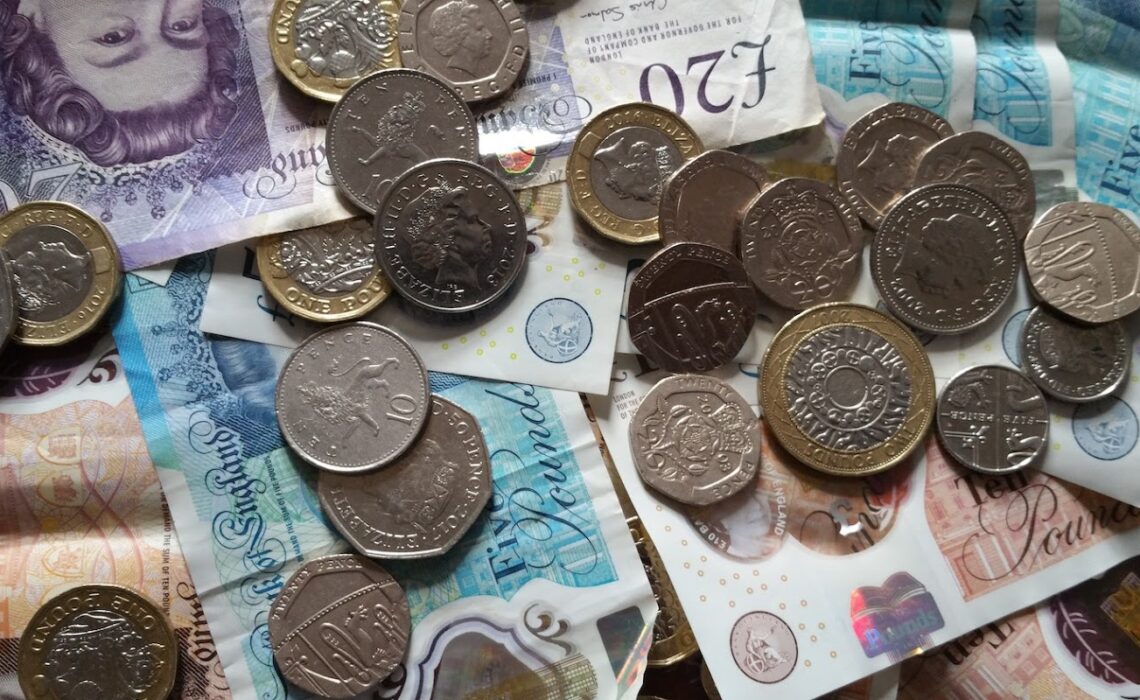
Non-Fungible Tokens (NFTs) have revolutionized how we view ownership, digital art, and collectibles in recent years, taking the digital world by storm.
While the majority of the discussion surrounding NFTs has focused on the arts and entertainment, there is another important—yet frequently ignored—aspect of NFTs: their potential to empower marginalized communities, especially deaf people in developing nations.
We will examine the benefits of NFTs for the deaf community in this blog post, shedding light on how these digital assets are enhancing financial inclusion and empowerment.
Financial Inclusion
Accessibility to Global Markets
The ability of deaf people in developing countries to access global markets without facing financial or geographic restrictions is one of the most important benefits of NFTs.
Because they require a physical presence and have high transaction costs, traditional financial systems frequently exclude marginalized communities.
Contrarily, NFTs can be purchased, sold, and traded on a variety of online marketplaces, enabling deaf people to take part in the global economy from the comfort of their homes.
Ownership and Control
NFTs give deaf people true ownership and control over their digital assets, thereby empowering them.
NFTs provide a safe way to prove ownership of digital items in nations where property rights may be less secure, ensuring that their value is maintained and can be passed down to future generations.
Empowerment Through Creativity
Art and Creativity
Deaf people frequently experience discrimination and communication barriers in conventional employment sectors.
They have a special chance to display their artistic abilities and creativity through NFTs.
Digital works of art, music, and other types of creative output can be issued as NFTs, giving creators control over their works and a fair cut of the proceeds when they are sold.
Tokenization of Skills
NFTs can represent skills and services in addition to traditional forms of art.
Individuals who are deaf can tokenize their skills by providing NFTs for sign language lessons, graphic design projects, or coding services.
This not only generates new sources of income but also assists in removing the frequent obstacles to employment.
Decentralization and Security
Protection from Corruption
Developing nations occasionally face problems with corruption and instability.
NFTs provide a level of security and transparency that can shield the deaf from potential scams and unethical practices because they are decentralized and based on blockchain technology.
Every transaction is recorded on the blockchain, protecting the reliability of their digital assets.
Trust and Verification
In financial transactions, trust can be a big problem, especially for disadvantaged groups.
NFTs do away with the need for middlemen because transactions are carried out directly between buyers and sellers, increasing trust and lowering the possibility of fraud.
Preservation of Cultural Heritage
Digitizing Cultural Artifacts
A lack of preservation efforts and funding puts many developing nations’ rich cultural legacies at risk of disappearing.
Deaf people can be extremely important in digitizing and preserving cultural artifacts because of their distinctive perspectives and experiences.
These artifacts can be represented by NFTs, ensuring that they are not only preserved but also monetized to benefit the communities from which they were created.
Promoting Inclusivity
Deaf people can educate others about the struggles and history of their community by creating and selling NFTs that reflect their culture and heritage.
This encourages diversity and understanding on a local and international level.
Education and Awareness
Sign Language Learning
NFTs can be a tool for promoting the study of sign language.
NFTs that teach sign language can be produced by deaf people, opening up the language to a larger audience.
In addition to empowering the deaf community, this encourages greater inclusivity and understanding among hearing people.
Advocacy and Awareness Campaigns
NFTs can be used by Deaf advocacy groups to raise money for community support programs and awareness campaigns.
NFTs’ decentralized structure makes fundraising transparent and guarantees that donations go to the right people.
Overcoming Language Barriers
Universal Visual Language
NFTs are a universal visual language that transcends linguistic barriers.
Through art and visuals, deaf people can express their thoughts and stories to a global audience without the use of translation.
They are able to communicate their ideas and experiences more effectively as a result.
Challenges and Considerations
Despite the clear benefits of NFTs for the deaf in developing nations, it is important to recognize the difficulties and factors at play:
Digital Divide
In some developing nations, access to technology and the internet may be restricted, resulting in a digital divide.
To ensure that NFTs are available to everyone, efforts must be made to close this gap.
Market Volatility
Digital assets’ values may vary greatly on NFT markets due to their high level of volatility. Deaf people should be informed about the dangers of NFT investments.
Ethical Concerns
To ensure the long-term sustainability and inclusivity of the ecosystem as the NFT space develops, ethical concerns about environmental impact and ownership disputes must be addressed.
Conclusion
Non-Fungible Tokens offer deaf people in developing nations a game-changing opportunity.
They offer opportunities for preserving cultural heritage, fostering creative freedom, and achieving financial inclusion.
The deaf community can break down social and economic barriers with the help of NFTs, allowing them to be heard on a global scale.
However, in order to maximize this new technology’s beneficial effects on underserved communities, it is crucial to approach it cautiously while addressing issues of challenge and ethics.
In ways that were previously unthinkable, NFTs have the potential to empower deaf people and usher in a more inclusive and equitable digital future.
For those who are looking for additional support, Unspoken Language Services offers interpreting services to help bridge the communication gap between the deaf and hearing communities
Thumbnail Photo Credit to: Photo by Alaur Rahman

